Regenerative Medicine for Diabetes Cost in Bangkok, Thailand
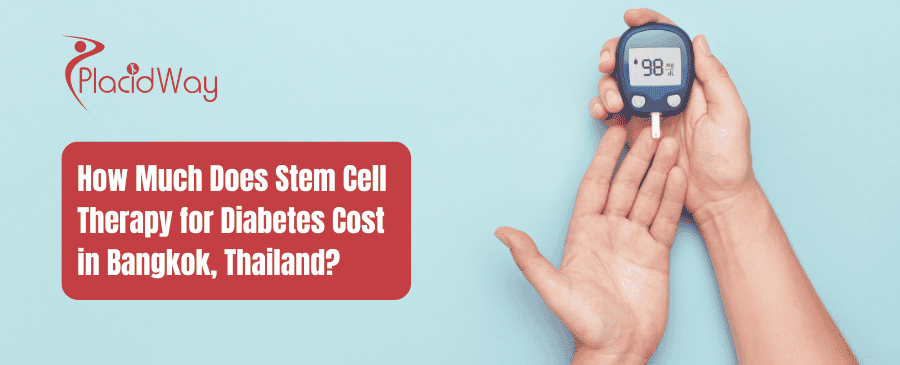
Embarking on a journey to manage diabetes can often feel like a constant balancing act. For many, the prospect of innovative treatments like stem cell therapy offers a beacon of hope. Bangkok, a global hub for medical tourism, has emerged as a leading destination for this cutting-edge procedure. If you're considering this path, your primary question is likely, "How much does stem cell therapy for diabetes cost in Bangkok, Thailand?" The answer isn't a single figure but a range, influenced by a multitude of factors. This comprehensive guide will walk you through every aspect of the cost, what to expect from the treatment, and why so many are turning to Bangkok for this life-changing therapy. The allure of Bangkok for medical treatments isn't just about the potential for significant cost savings compared to Western countries. It's also about access to world-class medical facilities, experienced specialists, and a healthcare system that is increasingly embracing regenerative medicine. For individuals with both Type 1 and Type 2 diabetes, understanding the financial implications is the first step toward making an informed decision. This blog post will delve deep into the specifics, breaking down the costs, and providing you with a clear picture of what a stem cell therapy journey in Bangkok entails. From the initial consultation to post-treatment care, we will explore every facet of the process. You'll gain insights into the different types of stem cells used, how they impact the overall price, and what you can expect to be included in a typical treatment package. Our goal is to provide you with a detailed, human-centric overview that empowers you to navigate your options with confidence.
What is the average cost of stem cell therapy for diabetes in Bangkok?
The cost of stem cell therapy for diabetes in Bangkok is a significant consideration for anyone contemplating this treatment. While it's more affordable than in many Western countries, the price can still vary substantially. The average range of $15,000 to $25,000 typically covers the core procedure, but it's crucial to understand what this includes. Several factors contribute to this price range. The reputation and accreditation of the clinic play a significant role. Well-established centers with a long history of successful treatments and international certifications may charge more. The expertise of the medical team is another critical factor; highly experienced specialists in regenerative medicine often command higher fees. Finally, the complexity of your specific condition will also influence the cost.
How does the cost differ for Type 1 and Type 2 diabetes?
The treatment protocols for Type 1 and Type 2 diabetes differ, which in turn affects the cost. Type 1 diabetes is an autoimmune condition where the body's immune system destroys insulin-producing beta cells in the pancreas. Stem cell therapy for Type 1 often involves a more intricate protocol aimed at not only replacing the damaged cells but also regulating the immune system to prevent further attacks. This can involve a higher number of stem cells or more specialized types of cells, leading to a higher cost. For Type 2 diabetes, the primary issue is insulin resistance or insufficient insulin production. Stem cell therapy for Type 2 diabetes focuses on improving insulin sensitivity and enhancing the function of existing pancreatic cells. While still a sophisticated procedure, the protocol may be less complex than that for Type 1, potentially resulting in a lower cost. It's essential to have a thorough evaluation by a specialist in Bangkok to determine the most appropriate and cost-effective treatment plan for your specific type of diabetes.
What are the main factors influencing the cost of treatment?
Understanding the variables that determine the final price of your stem cell therapy is crucial for financial planning. Here’s a breakdown of the key cost drivers: Type and Source of Stem Cells: The two main types of stem cells used are autologous (from the patient's own body) and allogeneic (from a donor, typically umbilical cord tissue). Allogeneic stem cells are often preferred for diabetes due to their potent regenerative capabilities and lack of an autoimmune memory. However, they are generally more expensive to source and process than autologous cells. Number of Stem Cells: The total number of stem cells required for your treatment will directly impact the cost. This is determined by your body weight, the severity of your diabetes, and the specific protocol recommended by the clinic. Clinic and Technology: Leading clinics in Bangkok invest heavily in state-of-the-art laboratory facilities and advanced technologies for cell processing and administration. This commitment to quality and safety is reflected in the price. Treatment Program Duration: Some treatment protocols may require a single visit, while others may involve multiple infusions over several days or weeks. The length of your stay and the intensity of the treatment will affect the overall cost. Additional Therapies: Many clinics offer comprehensive programs that include supportive therapies like physiotherapy, nutritional counseling, and IV vitamin drips. These can enhance the effectiveness of the stem cell treatment but will add to the total cost.
What is typically included in a stem cell therapy package in Bangkok?
When you receive a quote for stem cell therapy for diabetes in Bangkok, it's important to understand exactly what is covered. A standard package usually includes: Initial Medical Evaluation: A thorough assessment of your medical history and current health status. Pre-treatment diagnostics: Blood tests, and other necessary examinations to ensure you are a suitable candidate for the therapy. Stem Cell Procedure: The harvesting (if autologous), processing, and administration of the stem cells. Medical Team Fees: The fees for the specialists, nurses, and other medical staff involved in your care. Post-treatment Monitoring: A certain period of monitoring at the clinic after the procedure. More inclusive, and therefore more expensive, packages may also offer: Accommodation: A stay in a partner hotel for the duration of your treatment. Airport Transfers: Transportation to and from the airport and the clinic. Translation Services: If required. Supportive Therapies: A range of complementary treatments to support your recovery and well-being. Always request a detailed, itemized quote from the clinic to avoid any unexpected expenses.
Are there any hidden or additional costs to consider?
While clinics in Bangkok are generally transparent with their pricing, it's wise to budget for potential additional expenses. These can include: Flights and Visa: The cost of traveling to and from Bangkok is a significant expense that is not included in the treatment price. Travel and Medical Insurance: It is highly recommended to have comprehensive insurance that covers you for the duration of your stay. Accommodation and Living Expenses: If your package does not include accommodation, you will need to budget for your hotel stay, meals, and local transportation. Extended Stay: If you need to stay in Bangkok for longer than initially planned for any reason, this will incur additional costs. Follow-up Medications: You may need to purchase medications to take with you after you leave the clinic. Contingency Fund: It's always a good idea to have a contingency fund for any unforeseen circumstances.
How does the cost in Bangkok compare to other countries?
One of the primary reasons patients travel to Bangkok for stem cell therapy is the substantial cost savings. The table below provides a general comparison of the estimated costs for stem cell therapy for diabetes in different countries. Country Estimated Cost (USD) Bangkok, Thailand $8,000 - $30,000 United States $50,000 - $100,000+ United Kingdom $40,000 - $80,000+ Australia $45,000 - $90,000+ Export to Sheets It's important to note that these are approximate figures and can vary. However, the trend is clear: Bangkok offers a much more affordable option without compromising on the quality of care. This cost-effectiveness makes it a viable choice for many individuals who might not be able to afford the treatment in their home country.
What are the different types of stem cells used and how do they affect cost?
The choice of stem cells is a critical aspect of your treatment and has a direct impact on the cost. Allogeneic Stem Cells: These cells are sourced from a healthy donor, most commonly from umbilical cord tissue. They are considered very potent and have strong regenerative and immunomodulatory properties, making them a popular choice for treating autoimmune conditions like Type 1 diabetes. The cost is higher due to the rigorous screening of donors, the complex process of harvesting and storing the cells, and ensuring they are safe for transplantation. Autologous Stem Cells: These cells are harvested from the patient's own body, usually from bone marrow or adipose (fat) tissue. The main advantage is that there is no risk of rejection. However, for older patients or those with long-standing chronic diseases, the quality and quantity of their own stem cells may be diminished. The cost is generally lower as it doesn't involve donor sourcing and extensive screening. For diabetes, many clinics in Bangkok prefer to use allogeneic mesenchymal stem cells (MSCs) from umbilical cords due to their superior therapeutic potential for this condition.
What should I look for in a reputable stem cell clinic in Bangkok?
Choosing the right clinic is paramount to the success and safety of your treatment. Here are key things to look for: Accreditation and Licensing: Ensure the clinic is licensed by the Thai Ministry of Public Health and ideally has international accreditations. Experienced Medical Team: Research the qualifications and experience of the doctors. They should have a proven track record in regenerative medicine and treating diabetes. Transparent Pricing: A reputable clinic will provide you with a clear, itemized quote with no hidden costs. Patient Reviews: Look for genuine testimonials from previous patients to get an idea of their experiences and outcomes. Clear Communication: The clinic should be willing to answer all your questions and provide detailed information about their treatment protocols, the type of stem cells they use, and their realistic success rates.
What is the success rate of stem cell therapy for diabetes in Bangkok?
It's important to have realistic expectations about the outcomes of stem cell therapy for diabetes. While it is not yet considered a definitive cure, many patients experience significant benefits. Reported improvements include: Better glycemic control Reduced dependence on insulin injections Increased energy levels Improved kidney function in cases of diabetic nephropathy Enhanced overall well-being The success of the therapy depends on various factors, including the patient's age, the duration and severity of their diabetes, their overall health, and their adherence to post-treatment lifestyle recommendations. Reputable clinics in Bangkok will provide you with a realistic prognosis based on your individual circumstances.
What does the pre-treatment process involve?
Before you undergo stem cell therapy, you will go through a comprehensive pre-treatment process to ensure your safety and to maximize the effectiveness of the procedure. This usually includes: Initial Consultation: A detailed discussion with a specialist to understand your medical history and treatment goals. Medical Assessment: A series of blood tests and potentially other diagnostic imaging to get a complete picture of your health. Lifestyle Recommendations: You may be advised to make certain lifestyle changes in the weeks leading up to your treatment, such as stopping smoking, avoiding alcohol, and eating a healthy diet. Medication Adjustments: Your doctor may ask you to stop taking certain medications, such as anti-inflammatory drugs, that could interfere with the stem cell therapy.
What can I expect during the treatment itself?
The administration of stem cells is a relatively straightforward and minimally invasive procedure. In most cases, the stem cells are delivered into the body through an intravenous (IV) drip. The process is painless and typically takes a few hours to complete. During the infusion, you will be in a comfortable, clinical setting, and the medical team will monitor your vital signs to ensure your safety and comfort. Some clinics may use other methods of administration depending on the specific protocol, but IV infusion is the most common for systemic conditions like diabetes.
What is involved in post-treatment care and follow-up?
Your recovery and the long-term success of the treatment depend heavily on your post-treatment care. You will be advised to: Rest: Get plenty of rest in the days following the procedure to allow your body to heal and the stem cells to start their work. Healthy Lifestyle: Continue with a healthy diet and lifestyle to support the regenerative process. Avoid Strenuous Activity: You will be advised to avoid strenuous exercise for a certain period. Follow-up: Reputable clinics in Bangkok will have a follow-up schedule, which may include phone or video consultations, to monitor your progress and provide ongoing support.
How long do I need to stay in Bangkok for the treatment?
The duration of your stay in Bangkok will depend on the specifics of your treatment plan. Some protocols may be completed within a week, while more comprehensive programs may require a stay of two to three weeks. This timeframe allows for: Initial consultations and pre-treatment tests. The stem cell administration. A period of observation and initial recovery before you are cleared to travel back home. It is advisable to plan for a slightly longer stay than the minimum recommended to have a more relaxed experience and to accommodate any unforeseen needs.
Are there financing options available for the treatment?
Financing a significant medical procedure like stem cell therapy is a common concern. While most clinics in Bangkok require payment upfront, there are several avenues you can explore: Medical Loans: Many financial institutions offer loans specifically for medical procedures. Personal Savings: Many patients plan and save for the treatment over time. Credit Cards: Using a credit card can be an option, especially those with low-interest promotional periods. Crowdfunding: Some individuals have successfully raised funds for their treatment through online crowdfunding platforms. It's recommended to discuss payment options with the clinic beforehand and to explore all available financial resources.
Is stem cell therapy for diabetes safe?
Safety is a top priority for leading stem cell clinics in Bangkok. The procedures are performed in sterile environments, and the stem cells undergo rigorous testing and quality control. The risks associated with stem cell therapy are generally low and may include: Infection at the injection site (rare). Mild, temporary side effects like fatigue or a low-grade fever. When using allogeneic cells, there is a theoretical risk of an immune reaction, but the types of stem cells typically used (mesenchymal stem cells) have a low immunogenicity, meaning they are less likely to be rejected by the body. Choosing a clinic that is transparent about its safety procedures and has a strong track record is essential.
Ready to explore your options for stem cell therapy for diabetes in Bangkok? PlacidWay is your trusted partner in medical tourism, connecting you with world-class clinics and providing comprehensive support throughout your journey. Explore PlacidWay for personalized solutions and take the first step towards a healthier future.


.png)
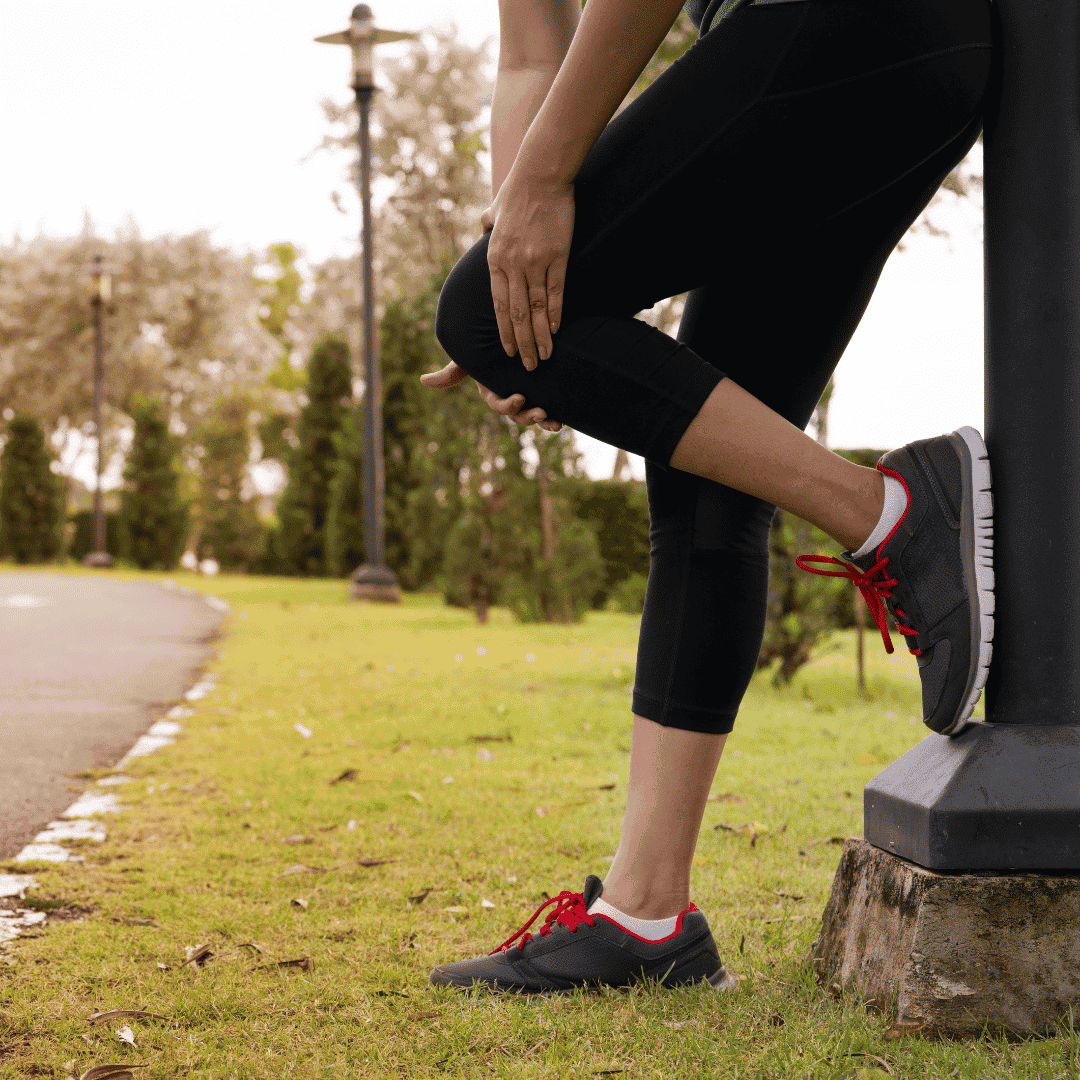
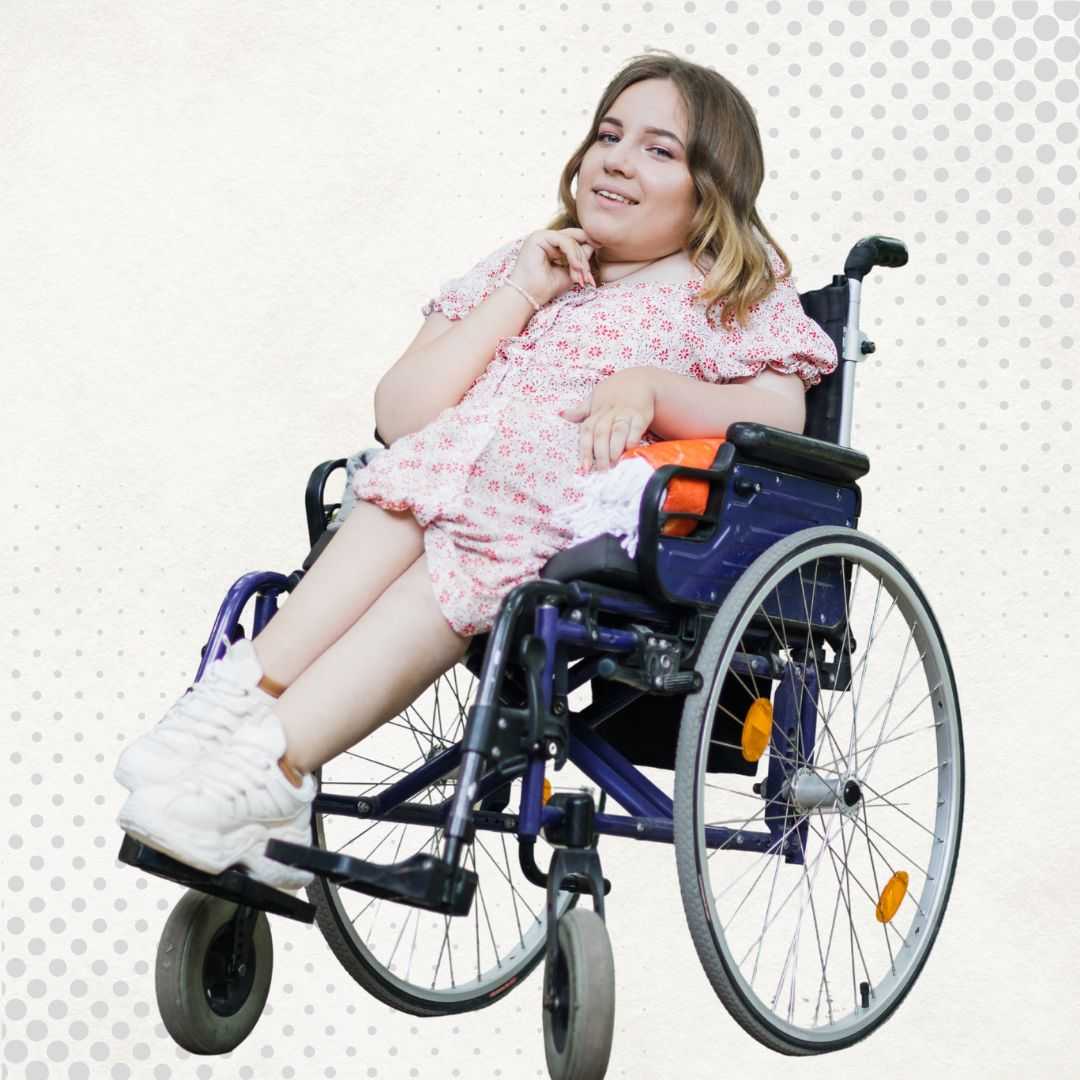
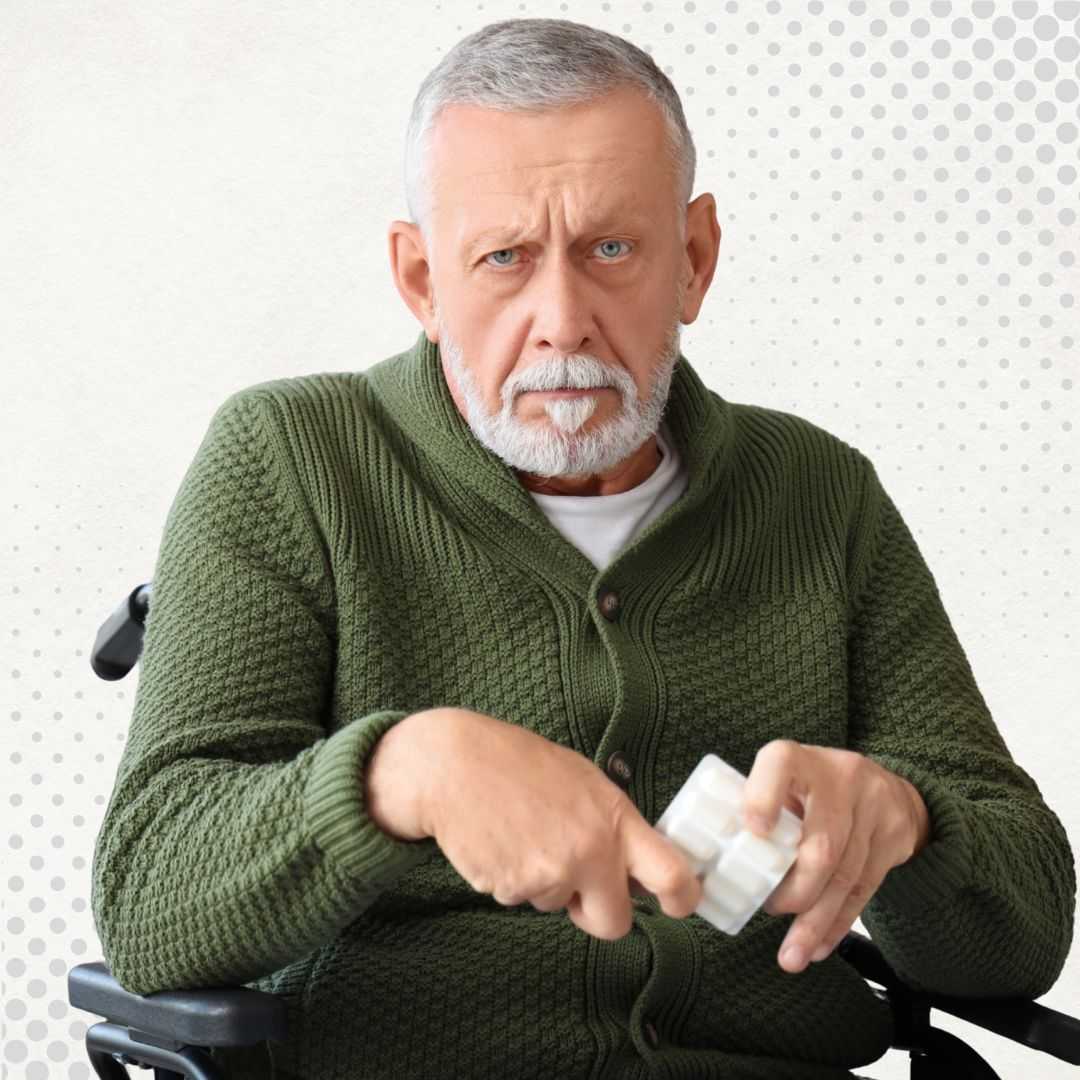
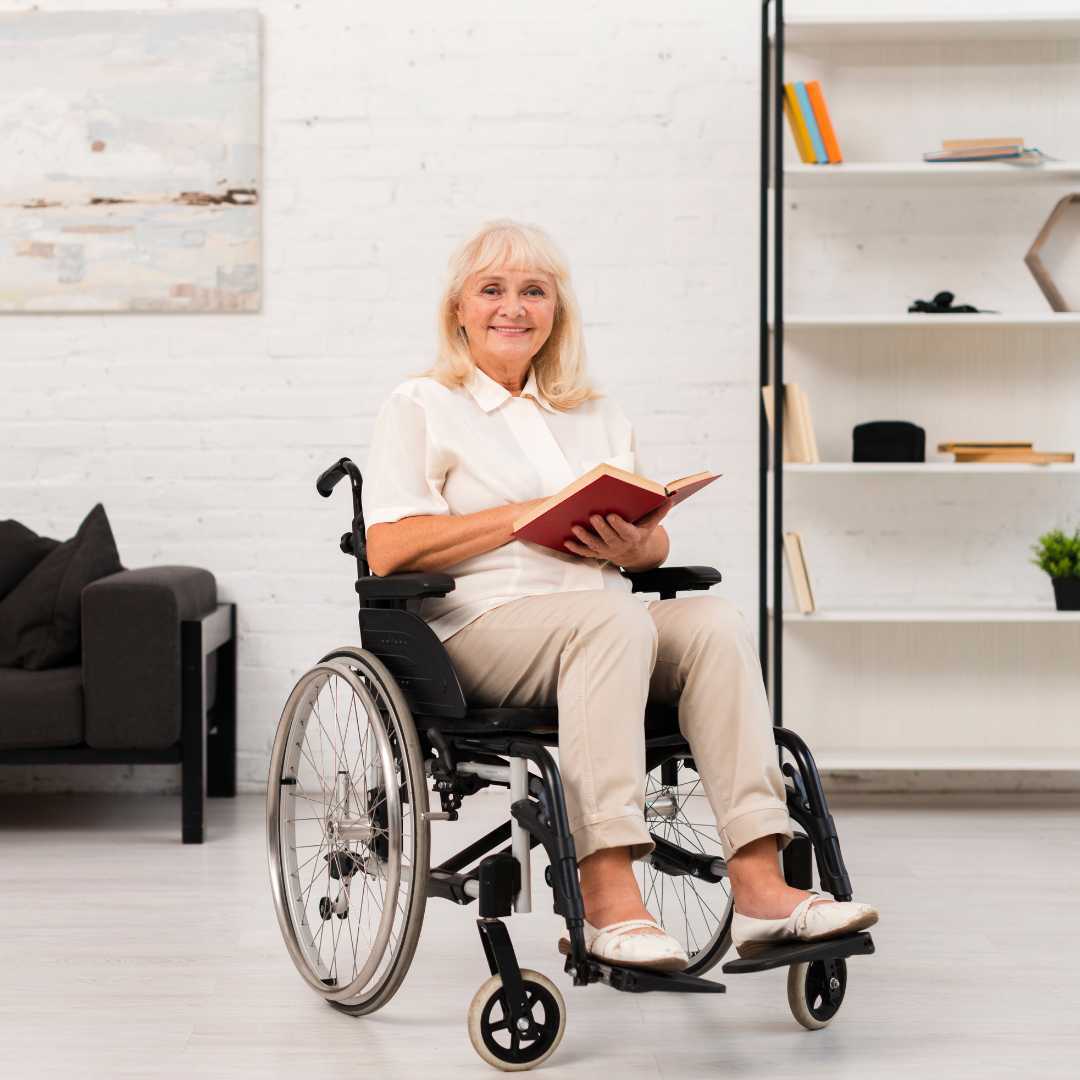
.png)
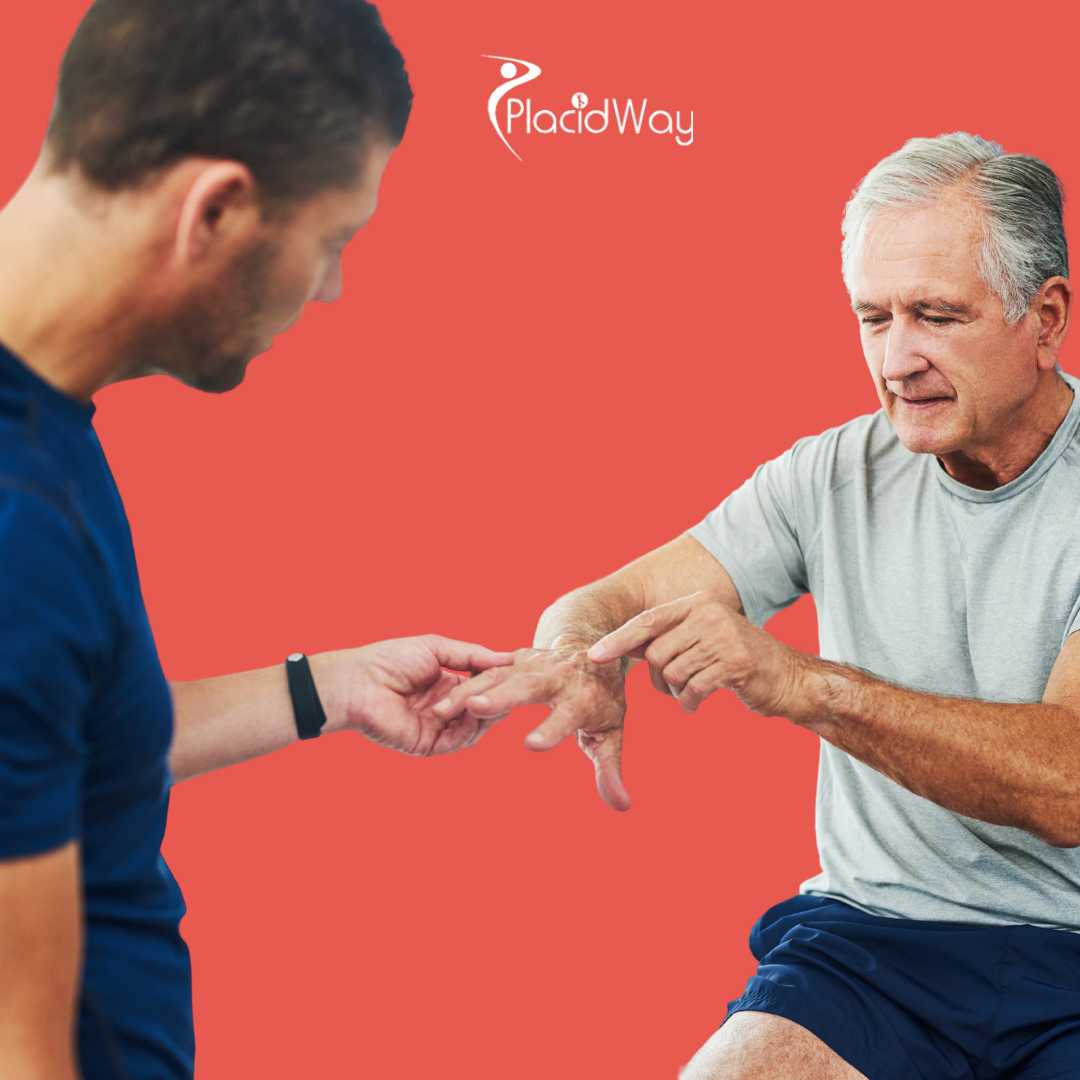
.png)
.png)
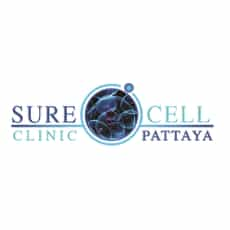


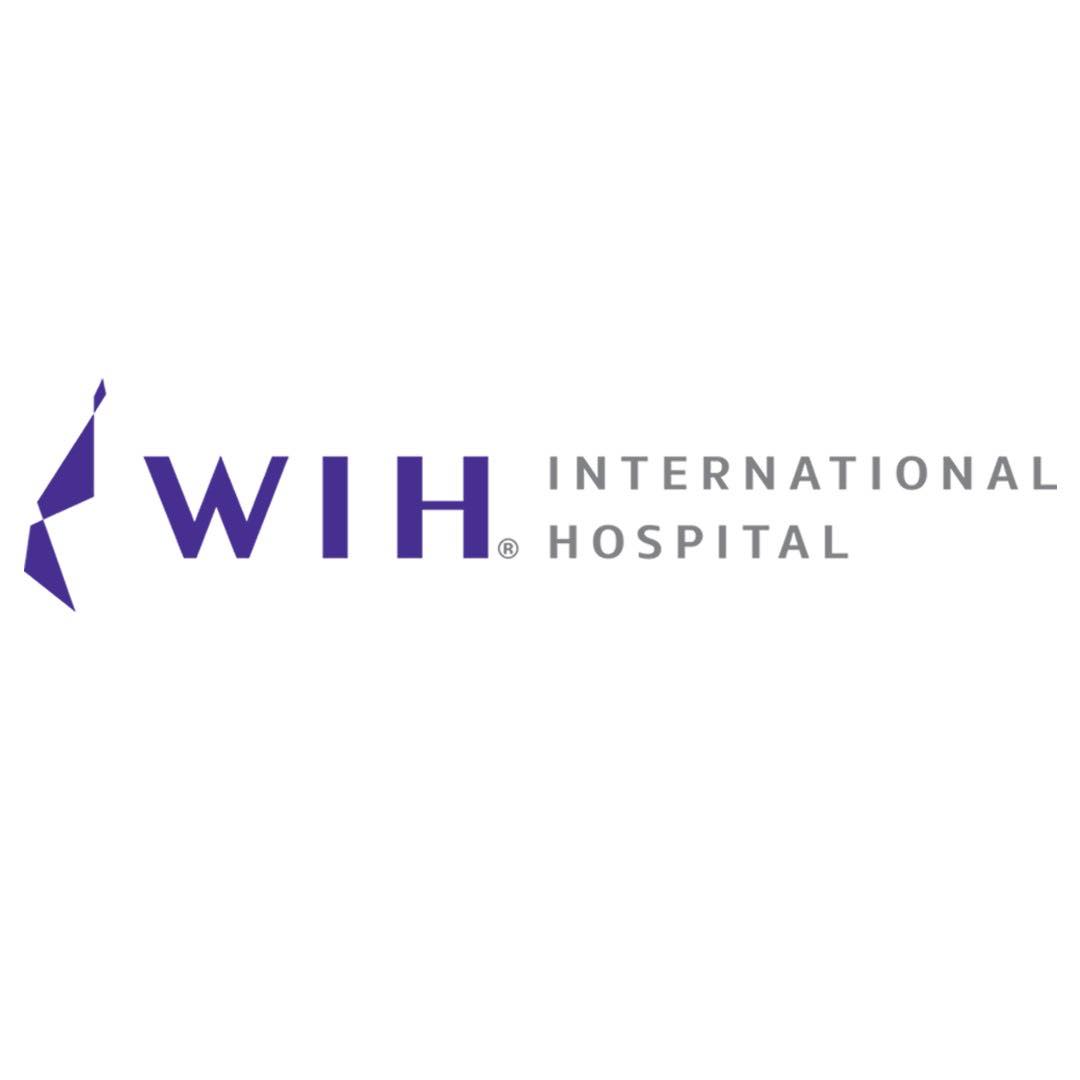


Share this listing